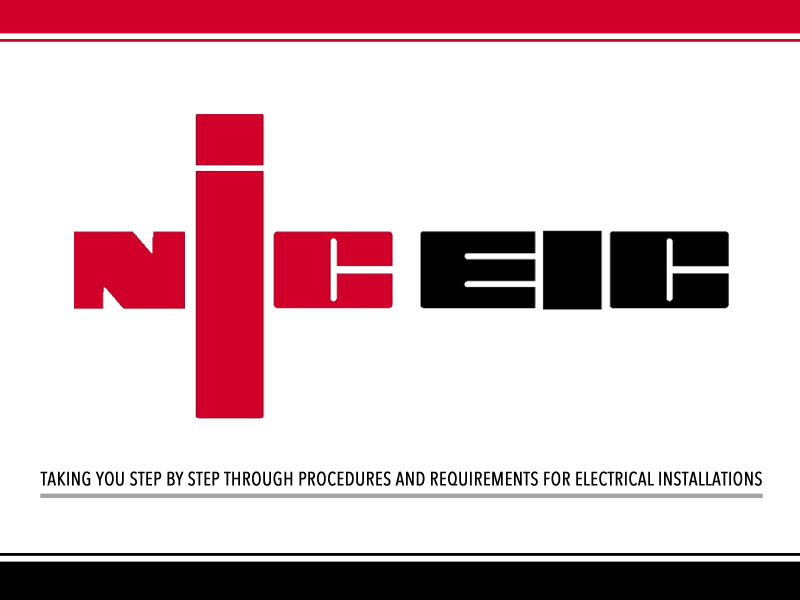
Chris Stammers, Product Marketing Director at Dimplex, assesses how the private rental sector could be a lucrative market for installers, in particular when it comes to electric heating systems.
In 2014, the private rented sector remained larger than the social rented sector, making up 19% of households in England. After years of rental growth, there is a growing army of private landlords in the UK taking advantage of market factors, such as lending restrictions and housing shortages,that have driven people to rent in recent years.
Now, however, the tide is changing. New stamp duty rates on Buy to Let mortgages will make it more expensive to purchase rental properties, and many believe the landlord bubble is set to burst. Instead, private landlords will be forced to focus on improvements to existing properties, creating huge opportunities for electricians, and it’s not the only driver towards energy efficiency upgrades.
According to the Government’s English Housing Survey 2014-15, there has been a significant increase in the proportion of younger households and families with dependent children in the private rented sector.
This coupled with the fact that the private rented sector has the largest proportion of homes built before 1919 – making them more susceptible to damp, drafts and defects – has spurred landlords to redirect investment into upgrading their existing portfolio of properties.
According to this data, the private rented sector also has the lowest proportion of homes with central heating (85%), and are more likely to have older, less energy efficient boilers and no wall insulation.
All of this paints a picture of small, inefficient homes fuelled by outdated, ineffective heating systems. It also explains the high penetration of electric heating in privately rented homes, and highlights the need for investment for landlords.
Forcing change
Like many sectors, legislation is already forcing change. The 2015 Energy Efficiency Regulations set out minimum energy efficiency standards (MEES) for England and Wales. These regulations make it unlawful for landlords to rent out properties that have an energy performance certificate (EPC) rating below ‘E’, from 1 April 2018. The DCLG estimates that nearly 70% of all electrically heated properties would get an EPC benefit by upgrading to a newer electric system.
Landlords who may have spent years neglecting their properties in pursuit of higher profits will be forced to spend – and with heating accounting for more than 60% of energy in the home, it’s the obvious place to start making improvements.
Installers have an opportunity to take advantage of this demand, but will succeed only if they have the correct knowledge and understanding to accommodate accordingly. Working closely with manufacturers to gain a thorough understanding of innovative solutions like Dimplex Quantum, will give installers a head start in promoting what the benefits of electric heating systems are.
We estimate that there are around two million homes in the UK with outdated storage heaters, several of which are in the private rental sector. Crucially when replacing storage heaters installers need to understand the lifestyle of the users. Incorrect specification is the number one reason why tenants would find their electric heating bills disproportionately expensive – and is undoubtedly a contributing factor to the negative perception many people still have towards such systems.
In some cases, or in individual rooms, electric radiators such as the highly intelligent Dimplex Q-Rad can offer a viable solution, delivering controllable heat at the touch of a button. Whilst direct acting heating is undoubtedly the best option for some rooms, unless the property is extremely small and is exceptionally well insulated it is only one part of a whole house solution. Those users who spend most of the day at home will always find it cheaper to have a combination of off-peak heaters with direct acting appliances. That means pairing the Dimplex Q-Rad electric radiator with modern appliances like the Dimplex Quantum off-peak system.
“Working closely with manufacturers to gain a thorough understanding of innovative solutions like Dimplex Quantum, will give installers a head start in promoting what the benefits of electric heating systems are.”
Spotting opportunities
The Dimplex Quantum system gives users the chance to store energy during cheaper, off-peak periods and use it when they need it, through the day. It is up to 47% cheaper to run than an electric convector or radiator system and could save up to £975 per year running costs when compared to an electric radiator-only system. Even when savings are passed on to the tenant, these kind of figures simply cannot be ignored.
Installers must understand that there is not a one-size fits all approach and must work with customers to deliver the right solution – and with a full range of electric heating appliances, Dimplex is well placed to offer advice.
Spotting opportunities for growth is as important now for installers as it always has been. With the added benefits of an evolving heating sector; privately rented homes could be the key to unlocking business potential.








